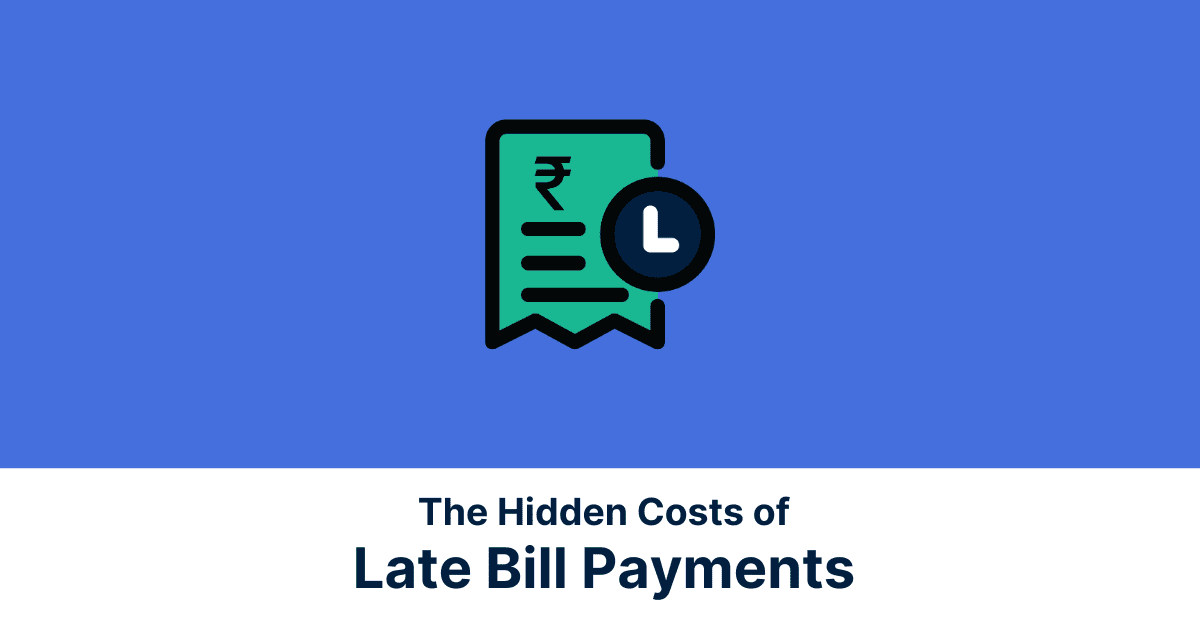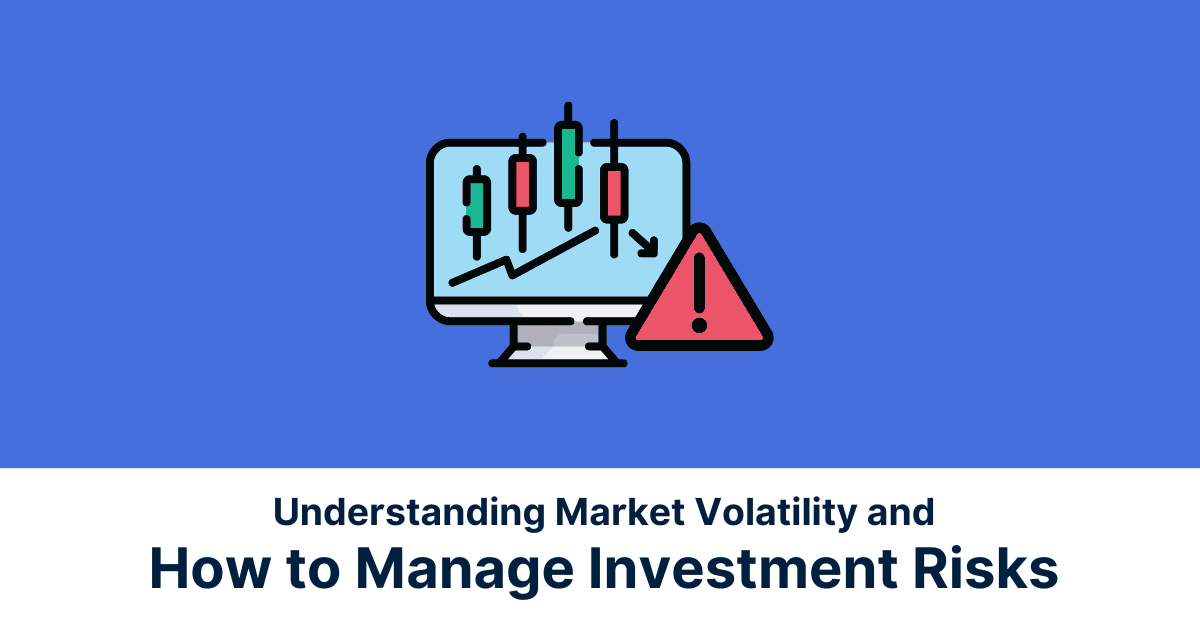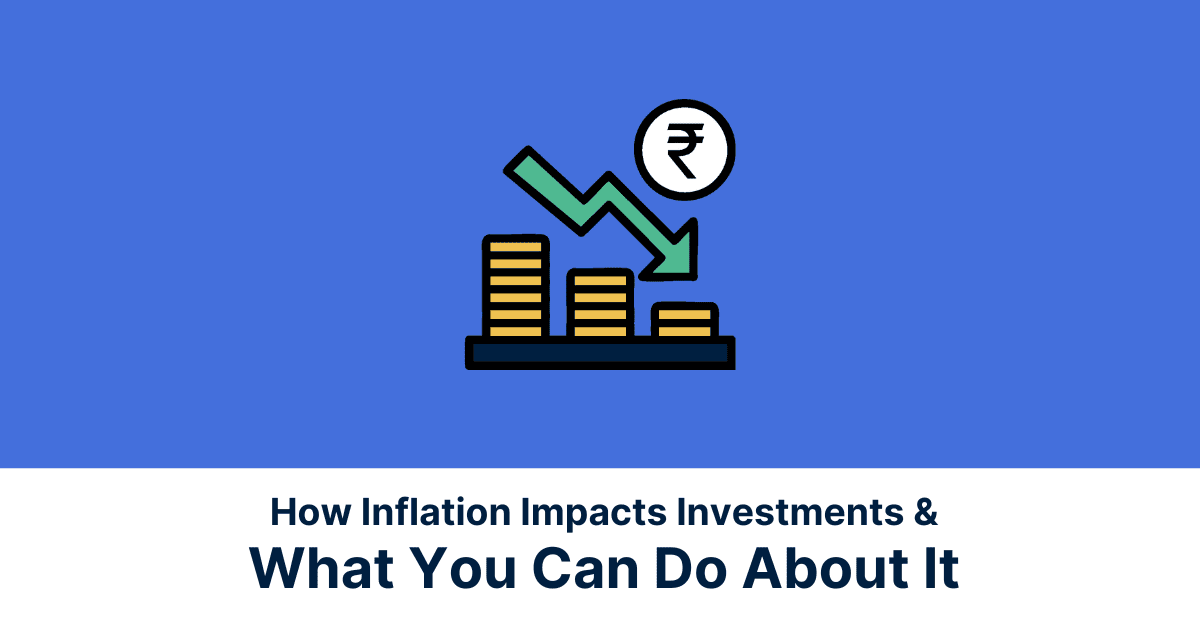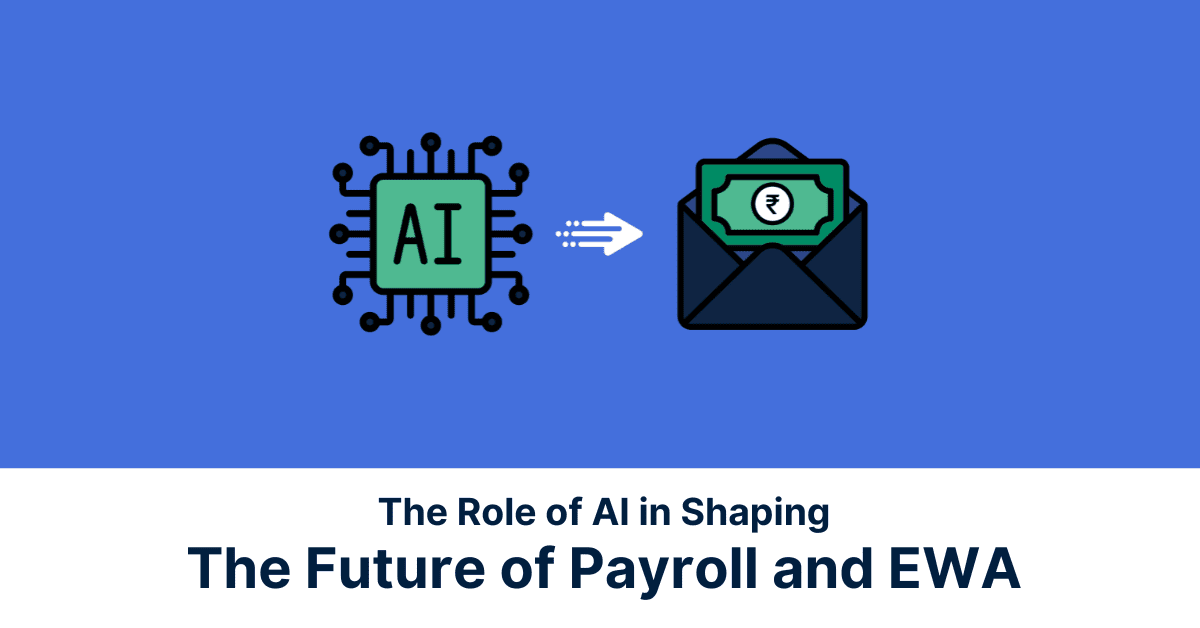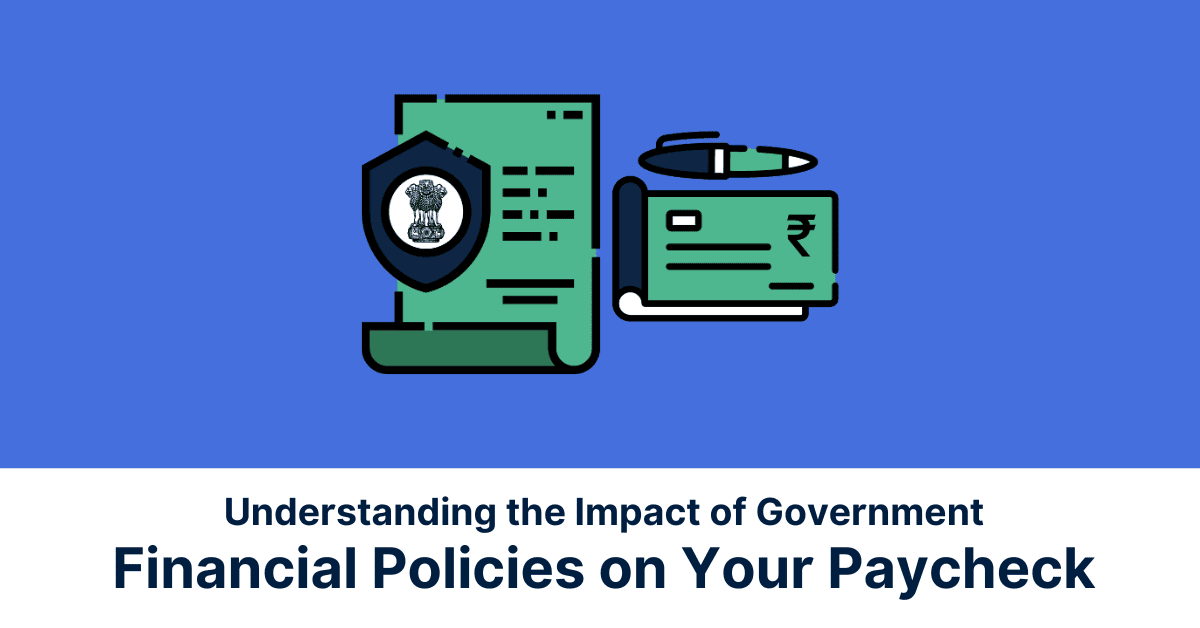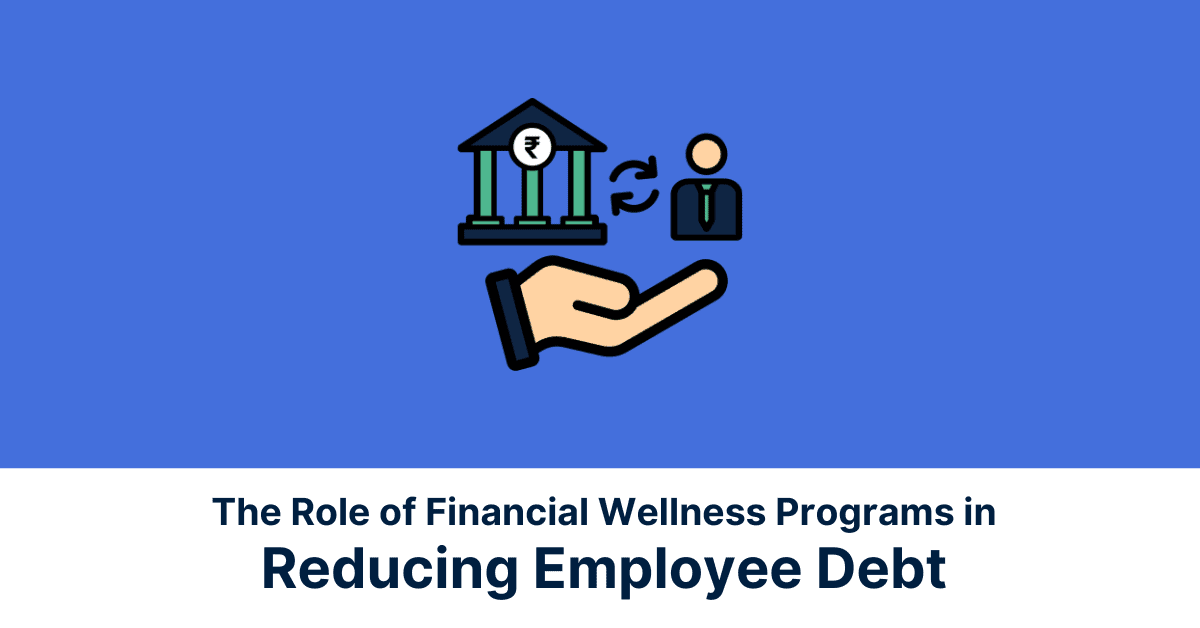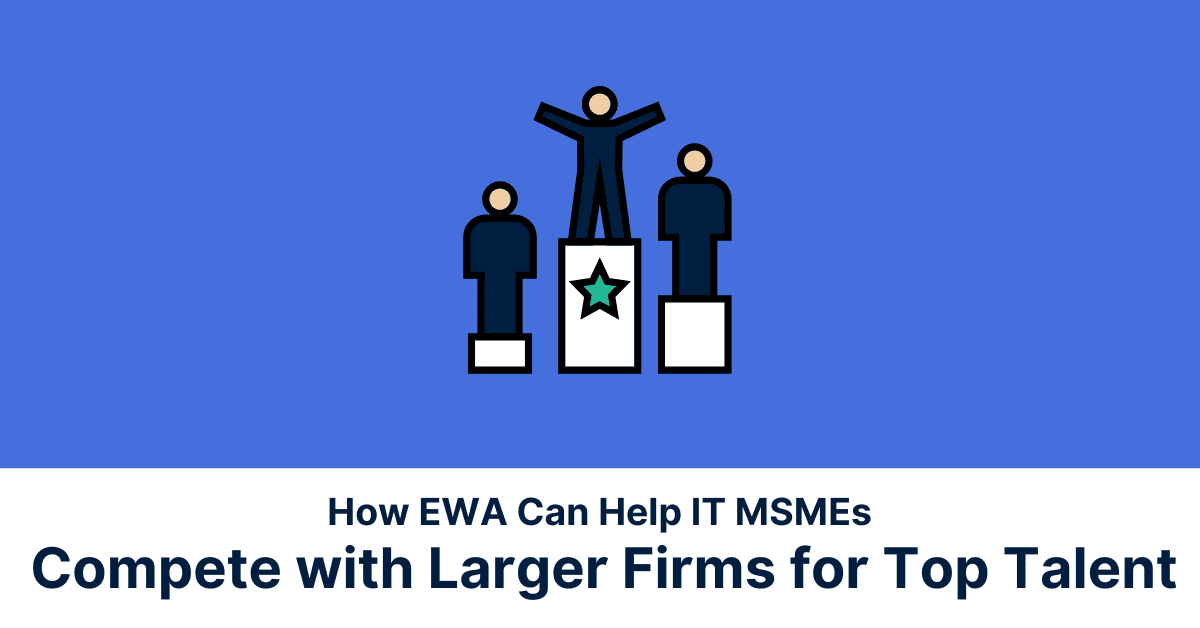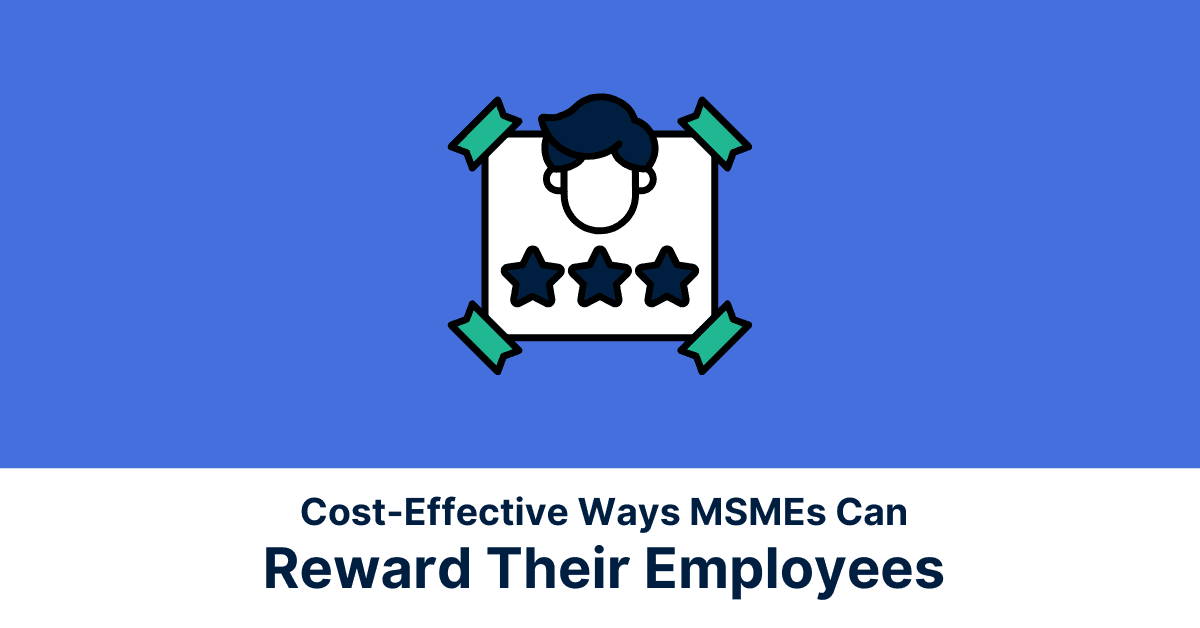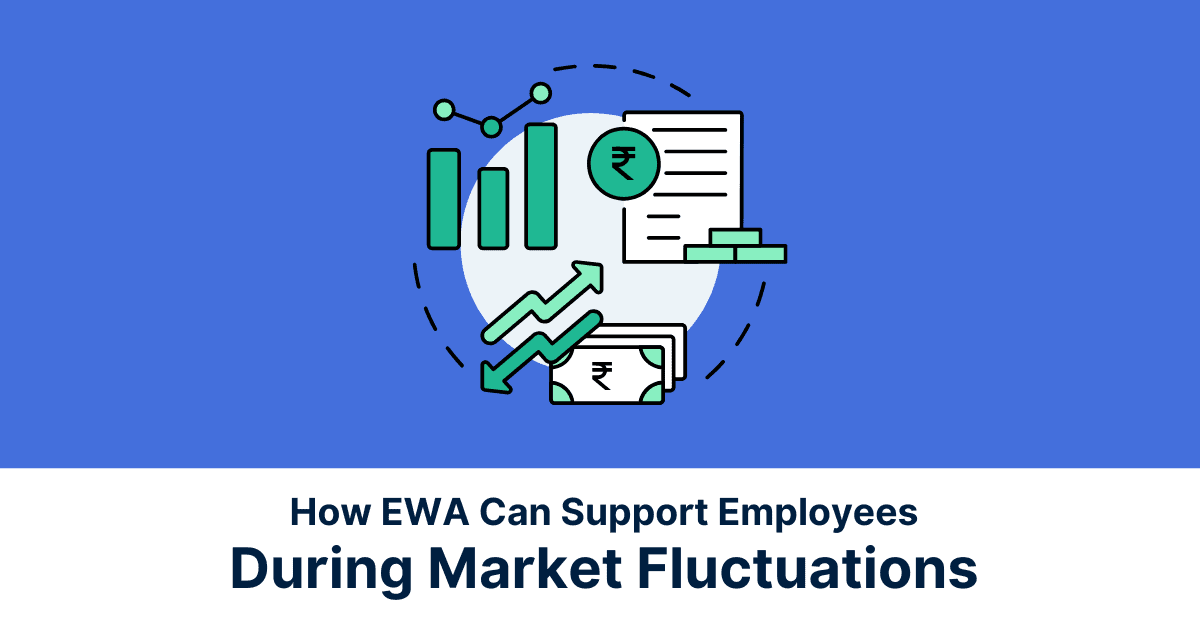The payroll system landscape in India has been making shifts from the traditional system of operation over the years. Tech innovations have brought about radical changes, long gone are the days of manual payslip calculation and generation.
As the curtains rise on the future of HR payroll management in India, this article will cover emerging trends set to redefine how businesses will manage their payroll processes in 2024.
AI-augmented Payroll:
Earlier one could say payroll functions were synonymous with mundane work, however, this isn’t the case anymore. Artificial intelligence (AI) is jolting this once-transactional task into a strategic, data-driven powerhouse. No more endless spreadsheets and manual calculations. AI has unlocked a new era of payroll driven by insights, where analysis and interpretation take centre stage; aiding better decision-making.
Errors diminish, accuracy soars, and time magically bends to your will. These intelligent systems are revolutionising financial operations, freeing up valuable resources for what matters most – driving your business forward.
Employee Self-Service Portals:
The traditional HR-employee dynamic, with HR holding all information, is evolving. Self-service portals transform HR professionals into supportive guides, equipping employees with the tools to manage their data and requests.
Indian payroll systems are now revolutionising employee experience by granting instant access to pay-related information, tax documents, and tools for managing leave requests and investment options. This not only empowers employees to take control of their finances and work-life balance but also liberates HR professionals from administrative tasks, allowing them to focus on strategic initiatives that drive business success.
Gig Economy Rising:
At one time, a ‘gig’ could only be meant as a short performance by an artist. Now it has turned into an economy in itself in contrast with the traditional work environment.
Now, the future of work is here, and it’s on-demand. The gig economy is rising in India, with freelancers replacing cubicles and flexibility becoming the new norm.
NITI Aayog estimates India has 7.7 million gig workers, which it expects will swell to 23.5 million by 2029-30. Technology has aided rapid money for people and side hustle for traditional workers. However, functions like payroll still need to be optimised according to the diverse nature of workers.
Cloud-based Payroll Functions:
Cloud-based HR payroll software is taking India by storm. Why? Real-time access, effortless scaling, and ironclad data security – all at your fingertips. Of late this has gained eyeballs for the right reasons.
Imagine onboarding new hires, managing benefits, and adjusting salaries – all from one secure platform, accessible on any device. Data-driven decisions aren’t just a dream anymore. Real-time payroll insights at your fingertips, empower you to optimise costs, boost employee satisfaction, and stay ahead of the curve.
Task Automation:
Automated HR payroll management not only simplifies complex processes but also enhances accuracy, compliance, and overall efficiency within organisations.
They help mitigate manual errors, enhancing accuracy, and optimising time efficiency.
Automation has become instrumental in revolutionising financial operations.
As technology continues to advance, businesses that invest in automated payroll solutions are better positioned to navigate the complexities of modern workforce management.
Mobile-friendly software:
With smartphones having intervened in every aspect of our daily lives, their impact on the workplace is undeniable. Smartphones have ushered in a new era in HR and payroll management, emphasising the importance of mobile-friendly interfaces.
In this interconnected digital landscape, employees now anticipate the ability to effortlessly view their payslips, submit leave requests, and access critical HR information, all from the convenience of their mobile devices.
The advantages of mobile-friendly payroll interfaces extend beyond convenience. Employees can now stay connected with their work commitments, and stay informed about company policies anytime, anywhere.
Data Security:
Keeping up with India’s changing rules is crucial for any business. It is important for HR payroll software to be built for compliance, fitting India’s laws smoothly.
Moreover, protecting employee data is a huge responsibility. Measures are needed to safeguard the confidentiality and integrity of sensitive employee information. In a time where data breaches are an ever-present threat, the onus is on businesses to implement and uphold stringent security protocols to protect against unauthorised access and potential cyber threats.
Employee Financial Wellbeing:
One prominent aspect of Payroll evolution is the expanded scope of employee benefits.
Beyond traditional healthcare and retirement plans, organisations are increasingly incorporating innovative financial well-being initiatives into their payroll functions.
Financial education programs are gaining traction, offering employees resources to enhance their understanding of budgeting, investments, and overall financial literacy.
Businesses are recognising the significance of providing comprehensive financial planning services as part of their payroll offerings.
Jify is a financial wellness partner that works towards empowering employees through offerings such as zero-cost on-demand salary, Jify Benefits and Salary card, micro-savings tools and financial advisory, that help employees build strong foundations for a brighter financial future.
Want to help enhance your company’s employee financial wellness landscape?
Contact Jify to learn more about how we can help make On-demand Salary the perfect solution for your organisation!
Digital Payment Mechanism:
The paycheque revolution is sweeping India. Digital payments are rapidly transforming payroll systems, driven by two key forces: the evolving preferences of the modern workforce and the increasing accessibility of diverse mobile payment options. Gone are the days of paper payslips and long queues at the bank. Today’s employees need instant, convenient, and secure access to their hard-earned salaries. Digital payment integration in payroll systems is here to stay. This shift isn’t just a fad; it’s a strategic move with tangible benefits for both businesses and employees.
Conclusion:
These trends, anticipated for the year 2024, serve as a guide to transformations that will shape the future of payroll management. Organisations that actively adopt and integrate these changes are strategically positioned to increase operational efficiencies and employee engagement while building a competitive edge in the dynamic market scenario of today.
*Disclaimer:
The information contained herein is not intended to be a source of advice concerning the material presented, and the information contained in this article does not constitute investment advice. The ideas presented in the article should not be used without first assessing your financial situation or without consulting a financial professional.


